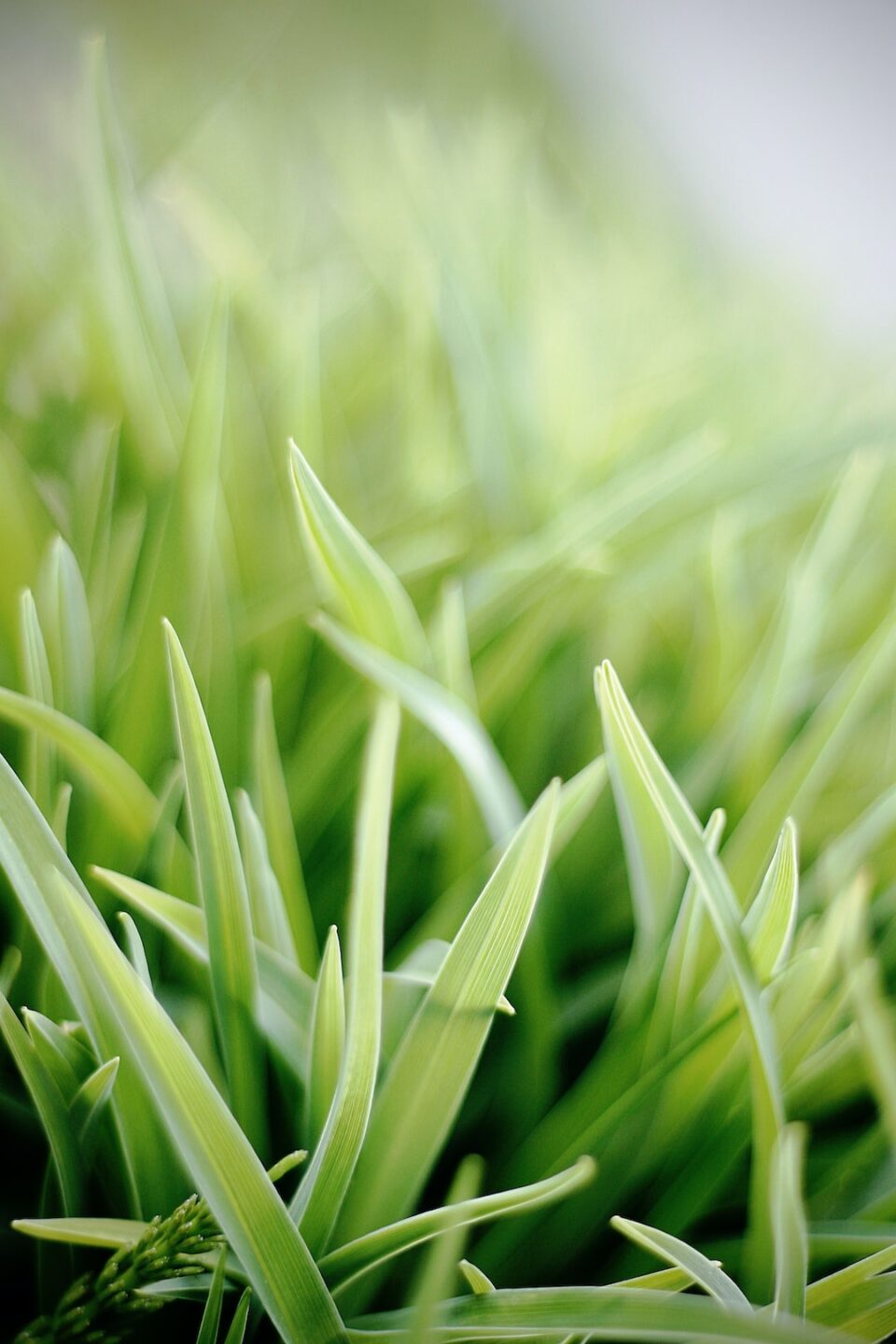If you are a gardening enthusiast or simply someone who appreciates the beauty of nature, you may be considering incorporating native plants into your garden. Native plants, which are indigenous to a specific geographic region, have gained popularity due to their numerous benefits and advantages over non-native species. In this blog post, we will explore some of the advantages of incorporating native plants into your garden.
One of the major benefits of native plants is their ability to adapt to the local climate and soil conditions. Native plants have evolved over thousands of years to thrive in their specific habitats. They are well-adapted to the local weather patterns, rainfall levels, and soil types, which means they are more likely to survive and thrive in your garden without requiring excessive maintenance or water. Unlike non-native plants that often require extra care and watering, native plants are low-maintenance, saving you time, effort, and resources.
In addition to their adaptability, native plants also contribute to the overall health and biodiversity of your garden. They are an integral part of the local ecosystem, providing food and shelter for a variety of birds, insects, and other wildlife. By incorporating native plants into your garden, you create a habitat that supports and attracts a diverse range of species. This enhances the ecological balance and creates a more sustainable environment for both plant and animal life.
Furthermore, native plants help to prevent the spread of invasive species. Non-native plants have a tendency to outcompete and displace native vegetation, often causing imbalances in the ecosystem. By planting native species, you can help prevent the spread of invasive plants, supporting the natural biodiversity of your area.
Another advantage of incorporating native plants into your garden is their aesthetic appeal. Native plants showcase the natural beauty of your local environment, creating a sense of place and belonging. They can add a unique and authentic charm to your garden with their diverse shapes, colors, and textures. Whether it’s the vibrant purple flowers of the lupine or the elegant white blooms of the dogwood tree, native plants offer a wide range of options to suit your personal taste and style.
Lastly, native plants are often more resistant to pests and diseases. Through their long coevolutionary history, native plants have developed natural defense mechanisms against common pests and diseases in their native habitats. This makes them less susceptible to damage and reduces the need for chemical pesticides or fertilizers, promoting a healthier and more sustainable garden ecosystem.
In conclusion, incorporating native plants into your garden offers a multitude of benefits. From their adaptability to the local climate and soil conditions, to their impact on biodiversity, aesthetics, and resilience against pests, native plants elevate your garden to new heights. By choosing native species, you not only create a beautiful and vibrant space but also contribute to the preservation of your local environment and support the natural balance of ecosystems. So, why not take a step towards a greener and more sustainable garden by welcoming native plants into your outdoor space?

